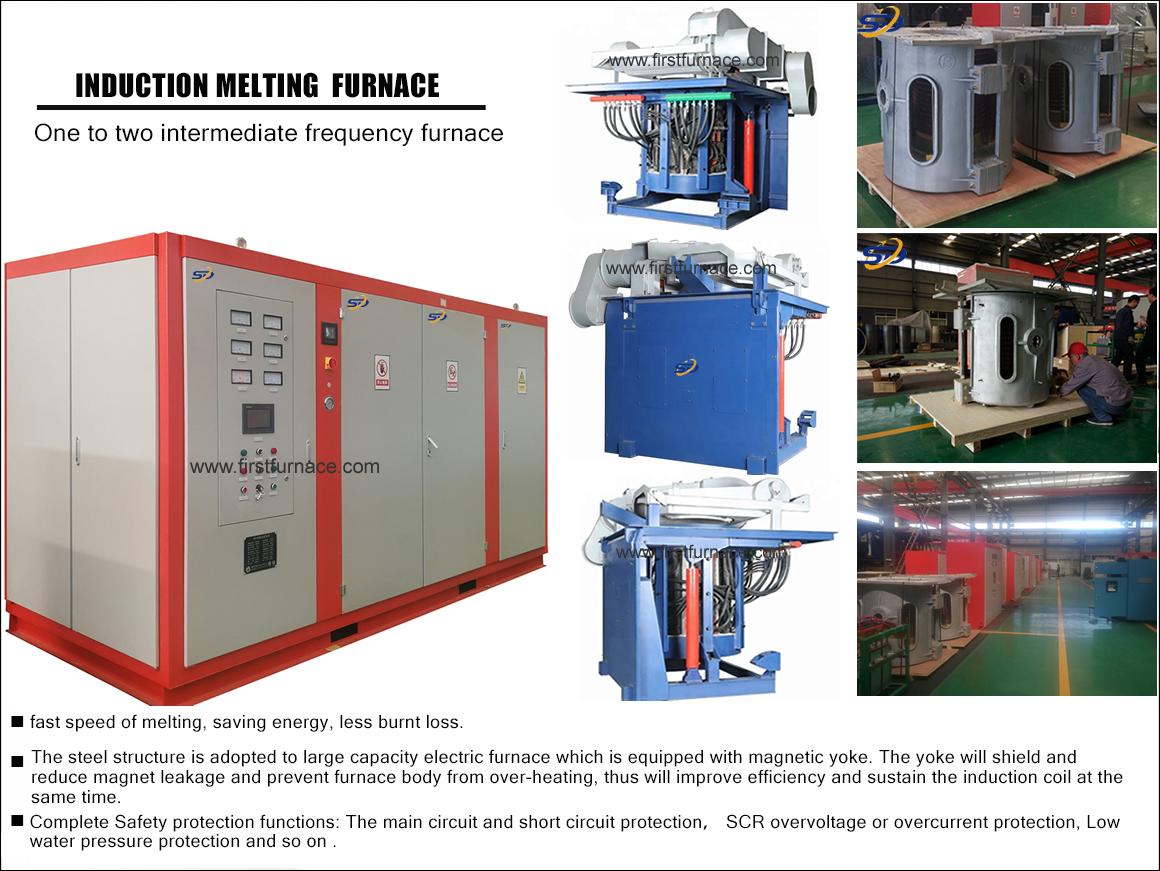Sales hot line ( 24 hours service):+86 13015583380
E-Mail: firstfurnace@gmail.com
whatsapp:+86 13015583380
Adress: Luoxin Industrial Park, Luoyang, HenanLarge diameter steel pipe quen
Piston rod quenching and tempe
Grinding rod quenching and tem
High frequency induction heate
Quenching equipment for machin
Round steel end heating furnac
Steel pipe heat treatment prod
Square steel quenching and tem
Sucker rod quenching and tempe
Thickened petroleum steel pipe
Round steel quenching and temp
Steel pipe quenching and tempe
Steel plate quenching and temp
Induction Hardening Machine&nb
Flywheel ring gear high freque
Solution to Water Leakage of Induction Heating Furnace Coil
1. Material preparation and requirements:
① Strong AB glue, requires temperature resistance of 120℃, 25℃ temperature for initial curing in 5~10 minutes, and maximum strength within 24 hours.
② 1755 surfactant is used to clean the leaking surface of the sensor, in order to prevent the leakage with super glue more reliable, if not, you can use it.
③ Electrician bakelite, the thickness is required to be 1~1.5mm thicker than the turn-to-turn of the inductor
④ Compressed air must be available at the operation site. If not, a soot blower can also be used.
⑤ Prepare a wooden wedge to expand the distance between the leaks of the sensor turns by 2~3mm.
2. Repair operation:
① First, confirm the specific location of the inter-turn water leakage. The molten iron in the furnace is transferred to the standby furnace to continue smelting. The broken sensor reduces the cooling flow to about 1/5 of the normal flow and continues to pass water for 1 to 2 hours. If there is no spare furnace, keep the normal cooling capacity for 2~3 hours to start repairing.
② Confirm the size of the hole (the maximum diameter of the hole is more than 2cm, it is best to dismantle the sensor, and I have not patched the hole of more than 2cm), and confirm whether the upper and lower sides have been penetrated.
③ Saw the electrical bakelite into blocks according to the width of the sensor, the length is 1~2cm longer than the maximum diameter of the hole, and the thickness is basically the same as the thickness of the sensor after wedging.
④ After the sensor has cooled for 1 to 2 hours, remove the water inlet and outlet of the sensor, and blow air into the sensor until there is no water vapor in the leak.
⑤ Treat the leaking area with 1755 surfactant, make the strong AB glue in a ratio of 1:1, stop the sensor blowing, apply AB glue to the leaking place, the thickness is 1~2mm, and the area is more than 1 than the outer diameter of the leak. ~2Cm, apply AB glue on both the upper and lower sides of the turns.
⑥ Apply AB glue evenly on both sides of the electrician bakelite prepared in advance, the thickness is about 1~2mm, insert the leaking place, quickly remove the wooden wedge, let the sensor turn to compress the bakelite naturally, the overflow of AB glue around good.
⑦ Wait for 5~10 minutes (the curing waiting time varies depending on the temperature of the sensor), and observe that the AB glue on the glue adjustment board turns white and hard, and then the water pressure test can be performed. If there is no leakage, the furnace can be powered on.
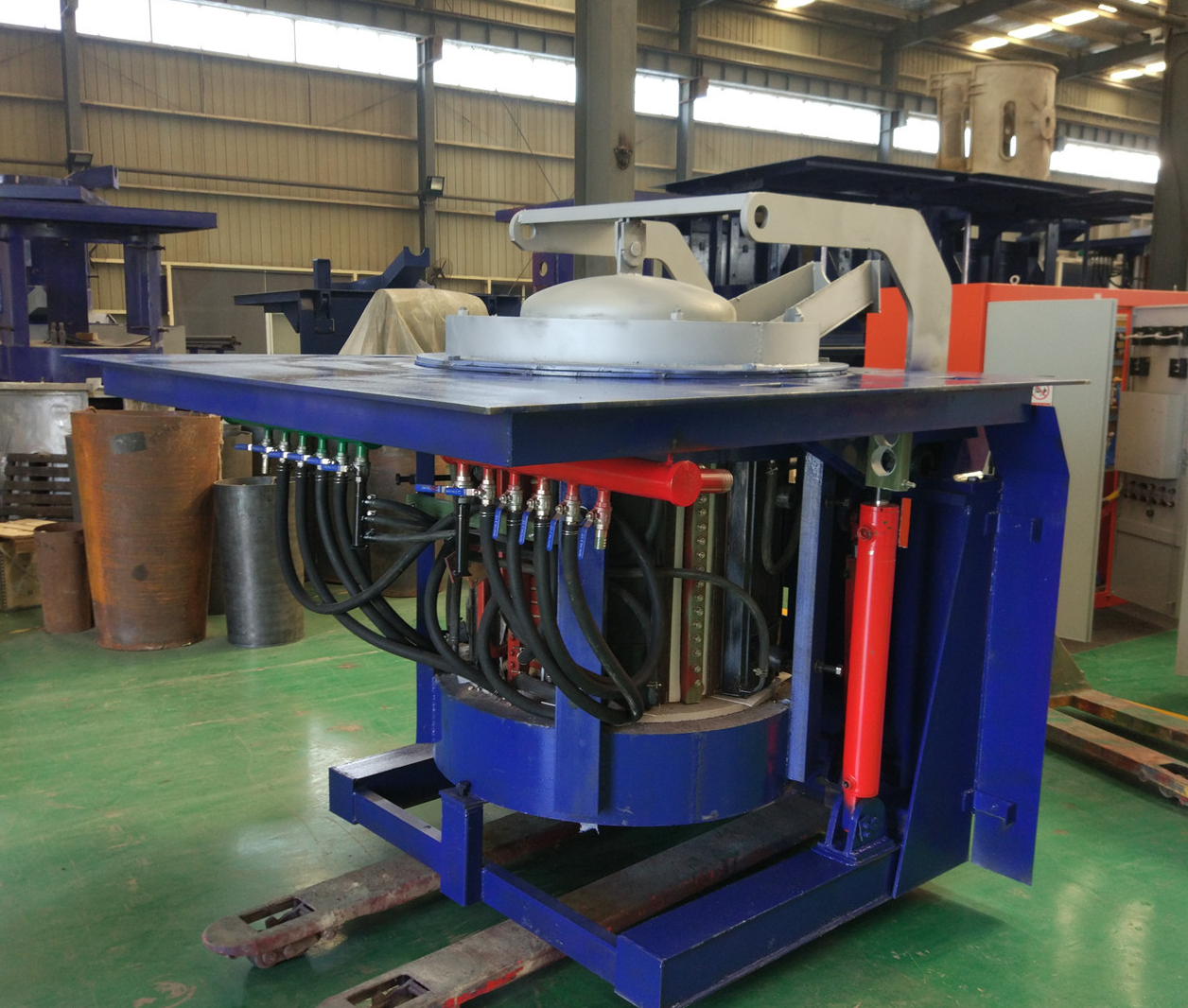
Iron induction furnace
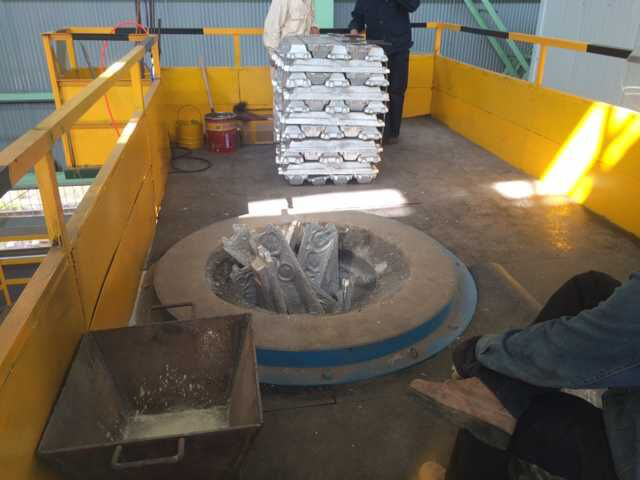
Aluminum melting furnace
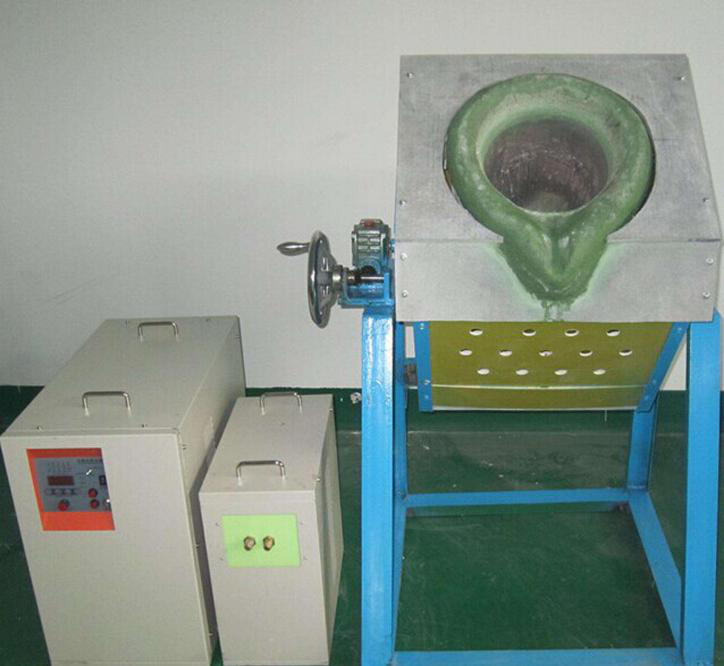
Copper melting furnace
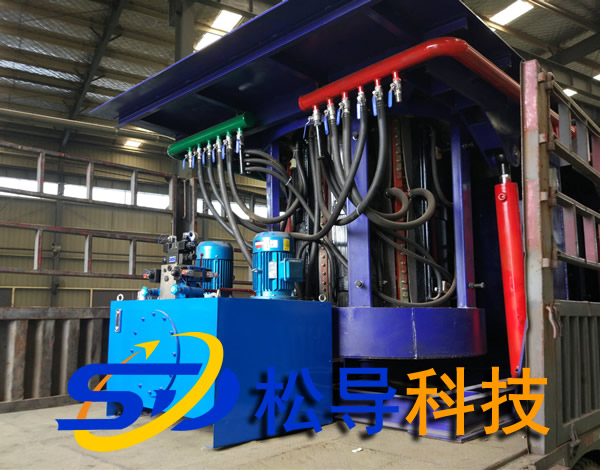
Small steel melting furnace
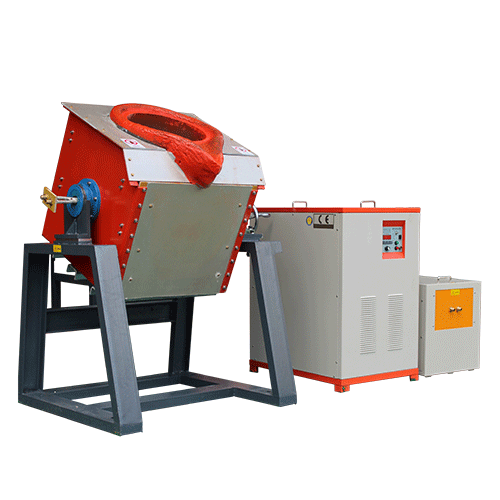
Small induction melting furnace
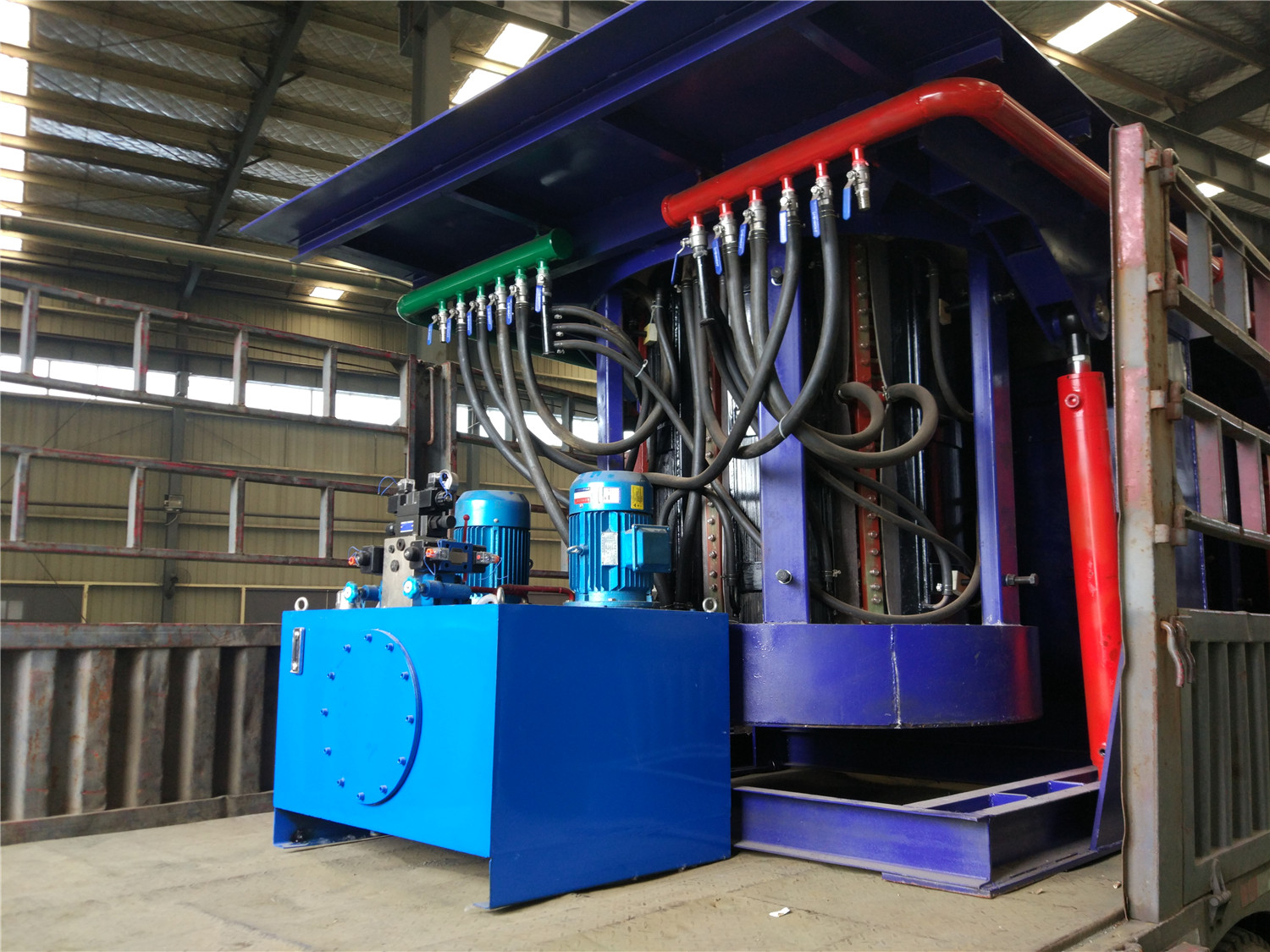
Induction iron furnace
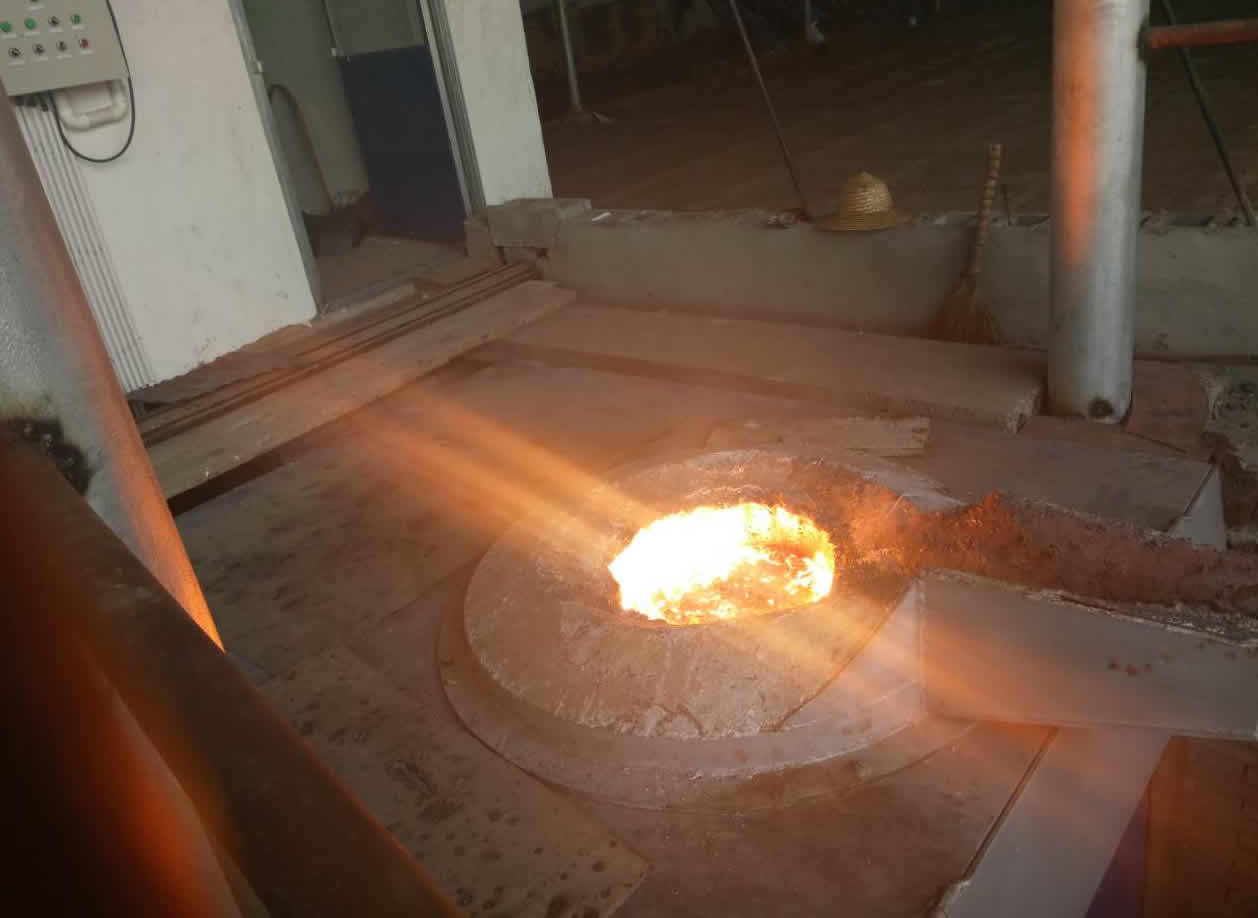
3T intermediate frequency iron melting f
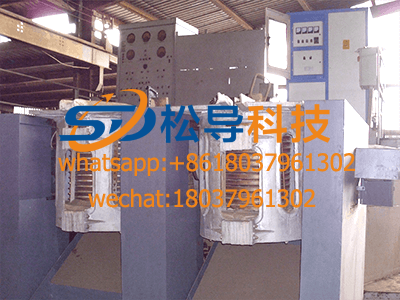
0.25T Intermediate Frequency Furnace
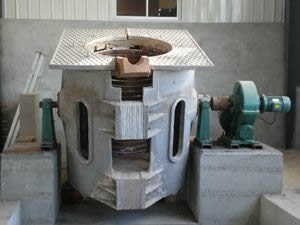
0.5T Intermediate Frequency Furnace
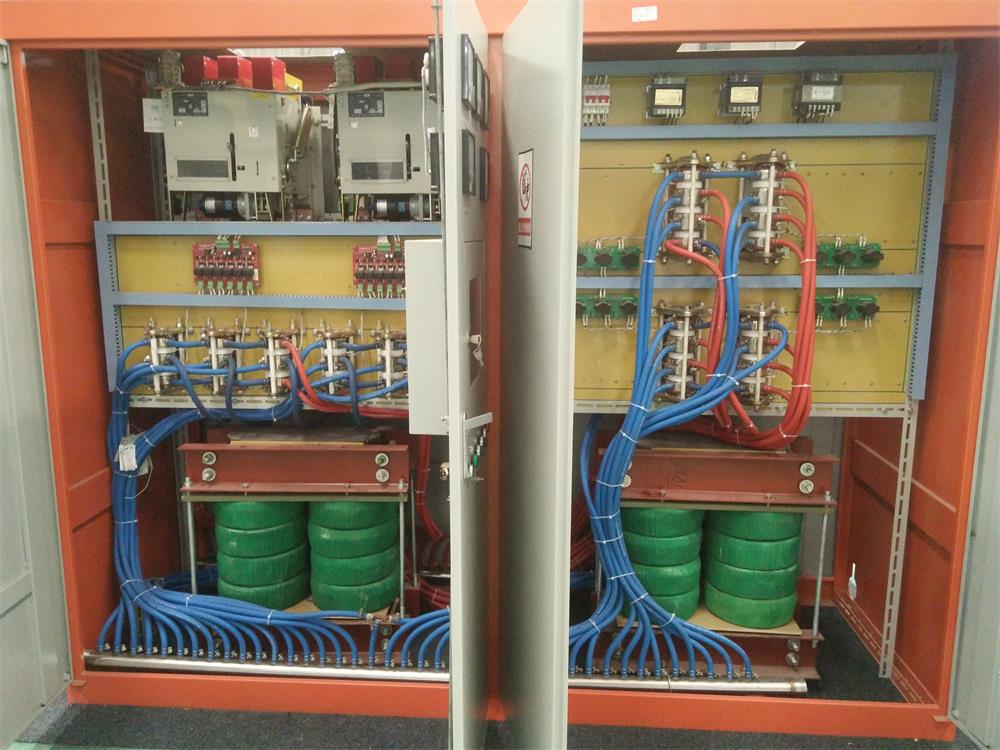
Medium Frequency Furnace

2T Induction Melting Furnace
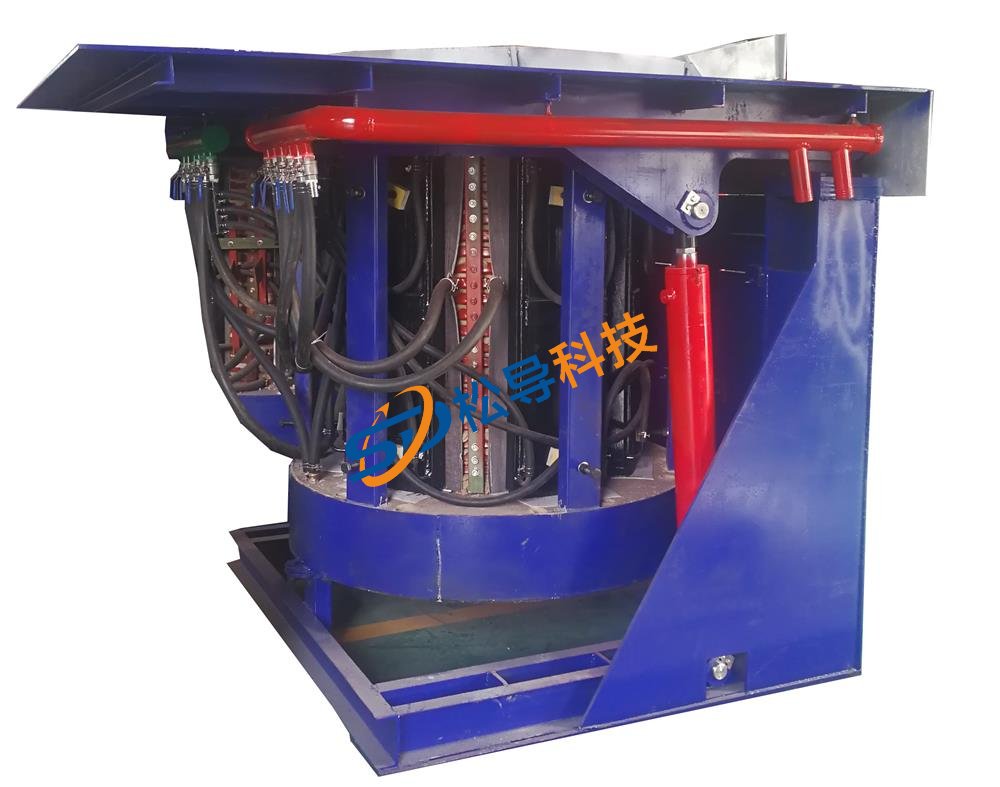
1T Induction Melting Furnace
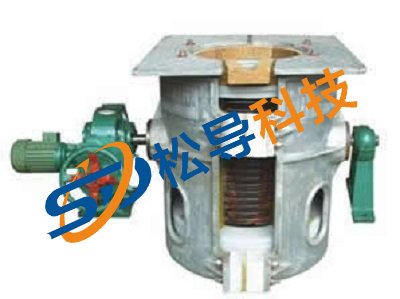
500kg Induction Melting Furnace
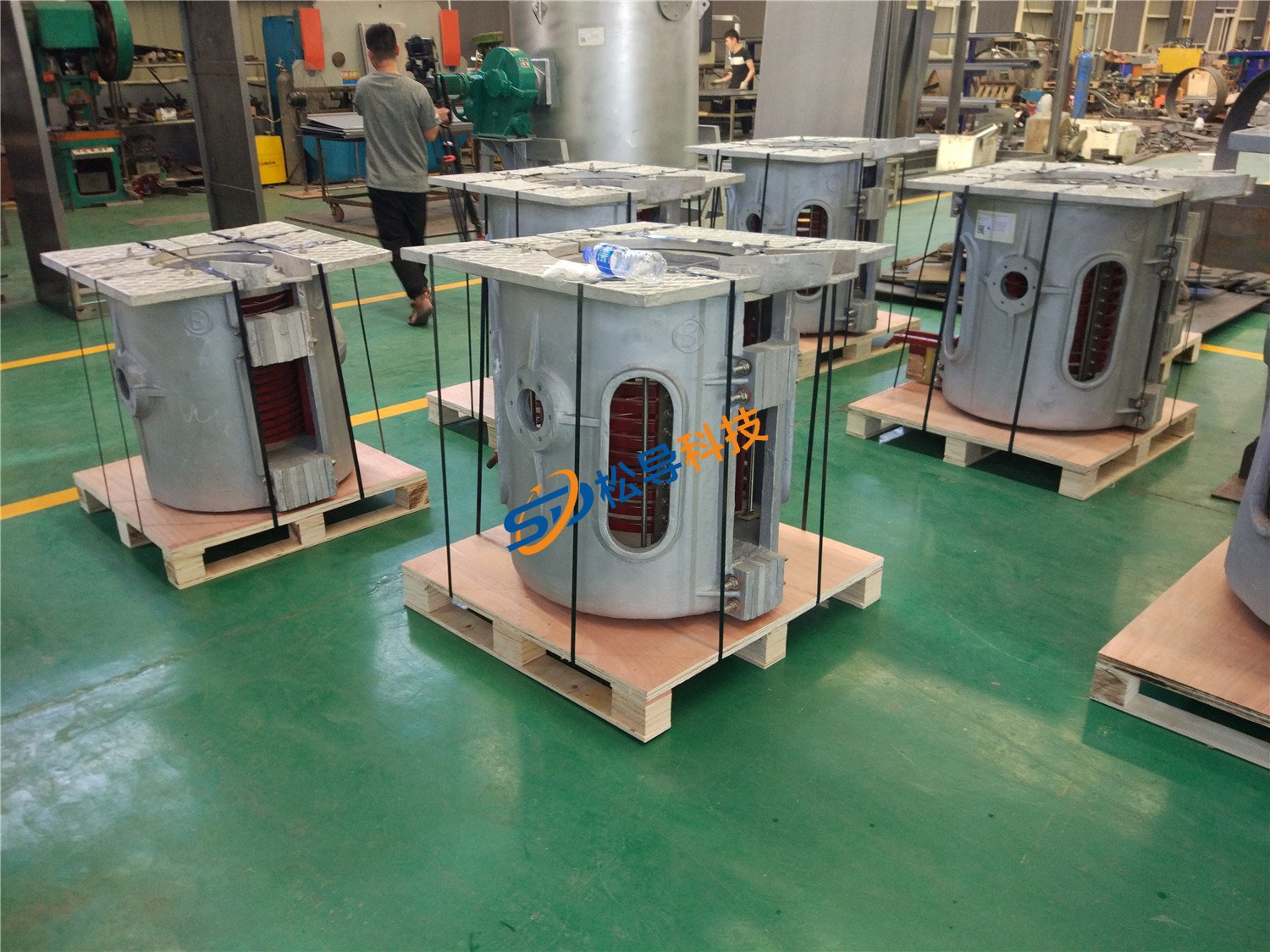
250kg Induction Melting Furnace
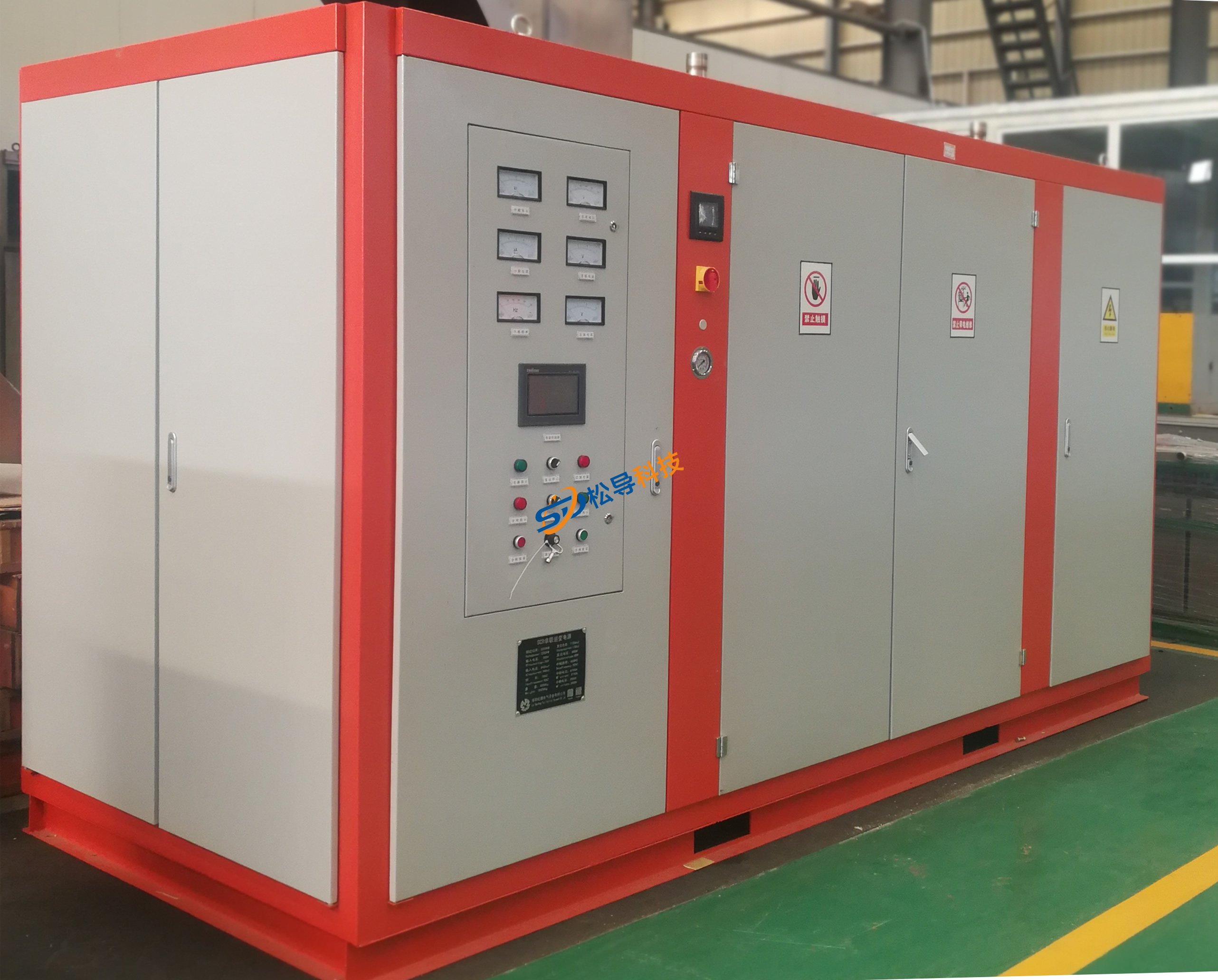
Induction Melting Furnace
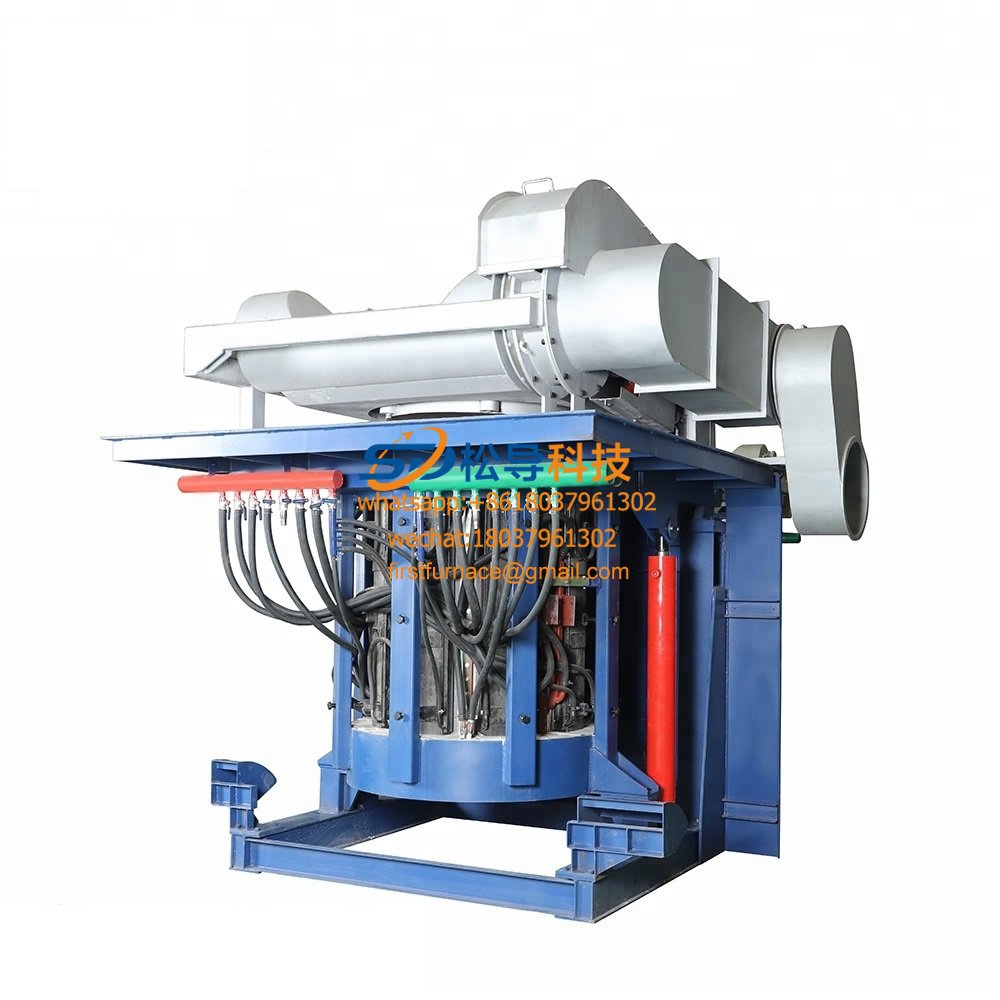
3 T Induction Melting Furnace
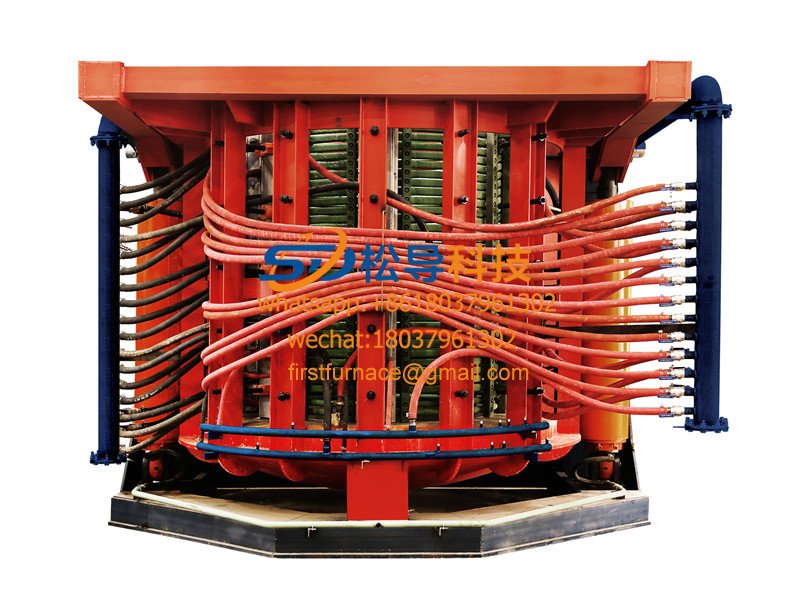
5T Induction Melting Furnace
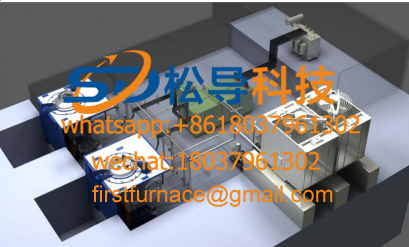
1T One Belt Two Intermediate Frequency F

5T One Belt Two Intermediate Frequency F
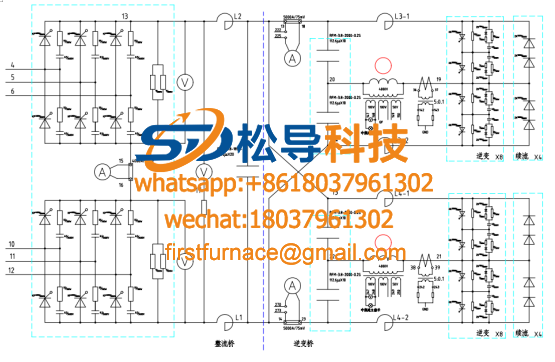
3T One Belt Two Intermediate Frequency F
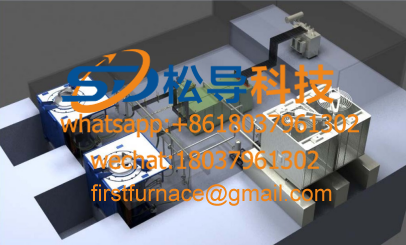
2T One Belt Two Intermediate Frequency F
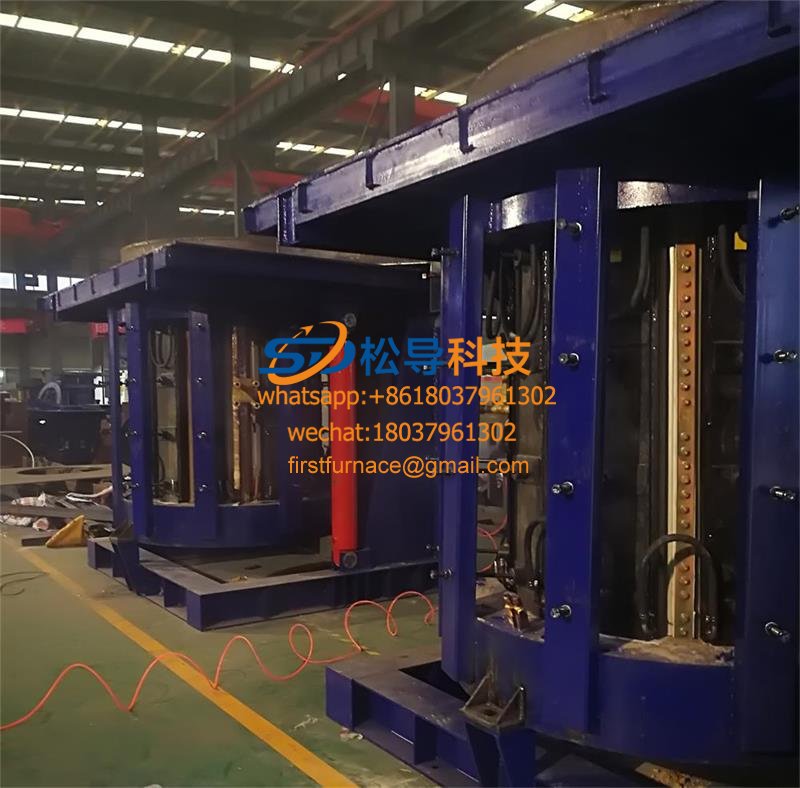
5T Parallel Intermediate Frequency Furna
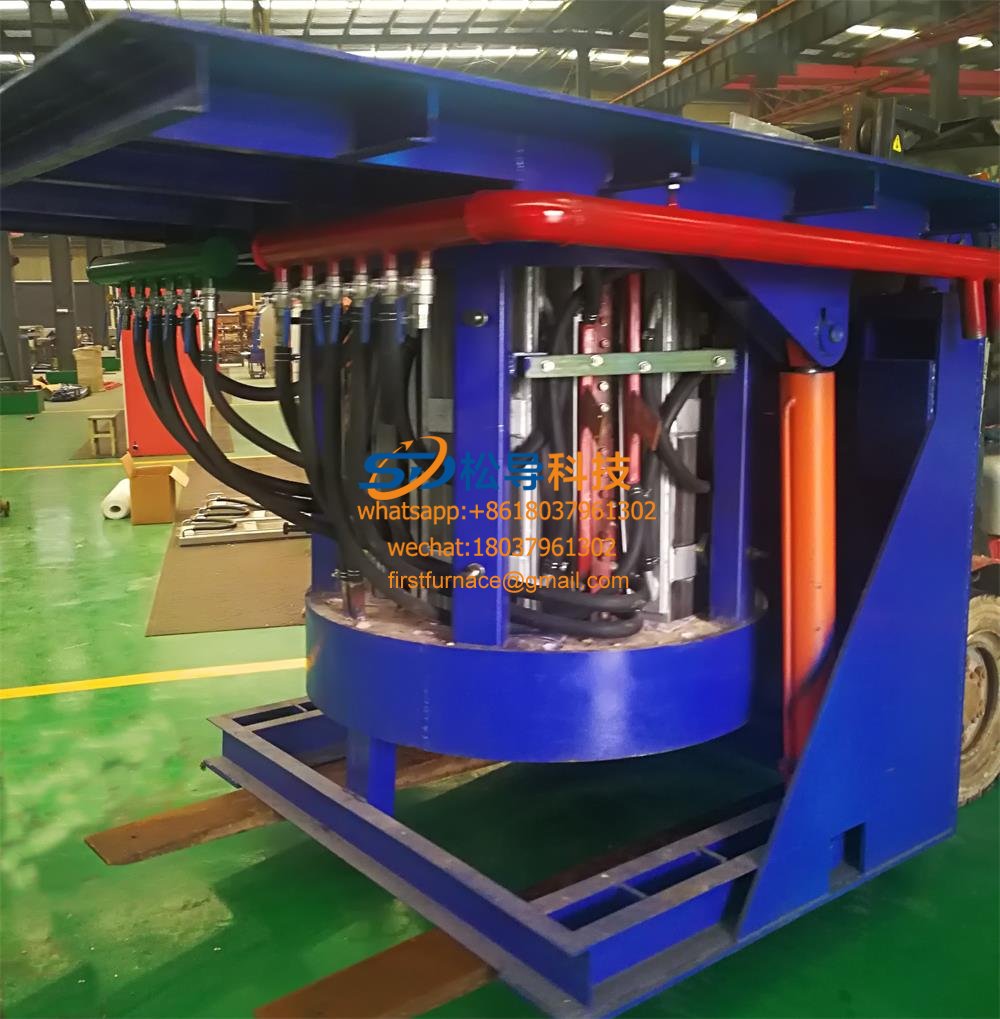
5T Intermediate Frequency Furnace

5T Series Intermediate Frequency Furnace
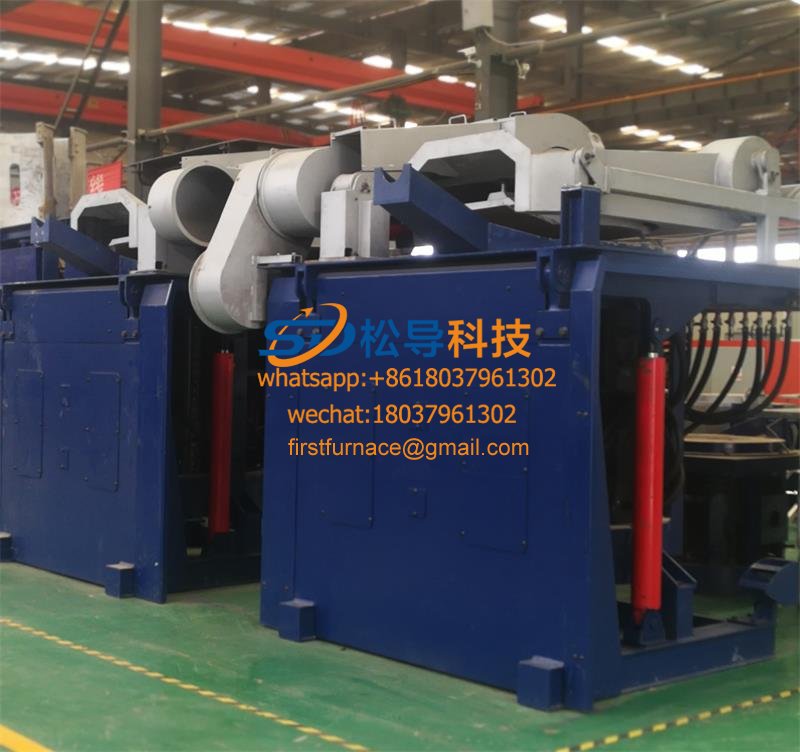
3T Series Intermediate Frequency Furnace
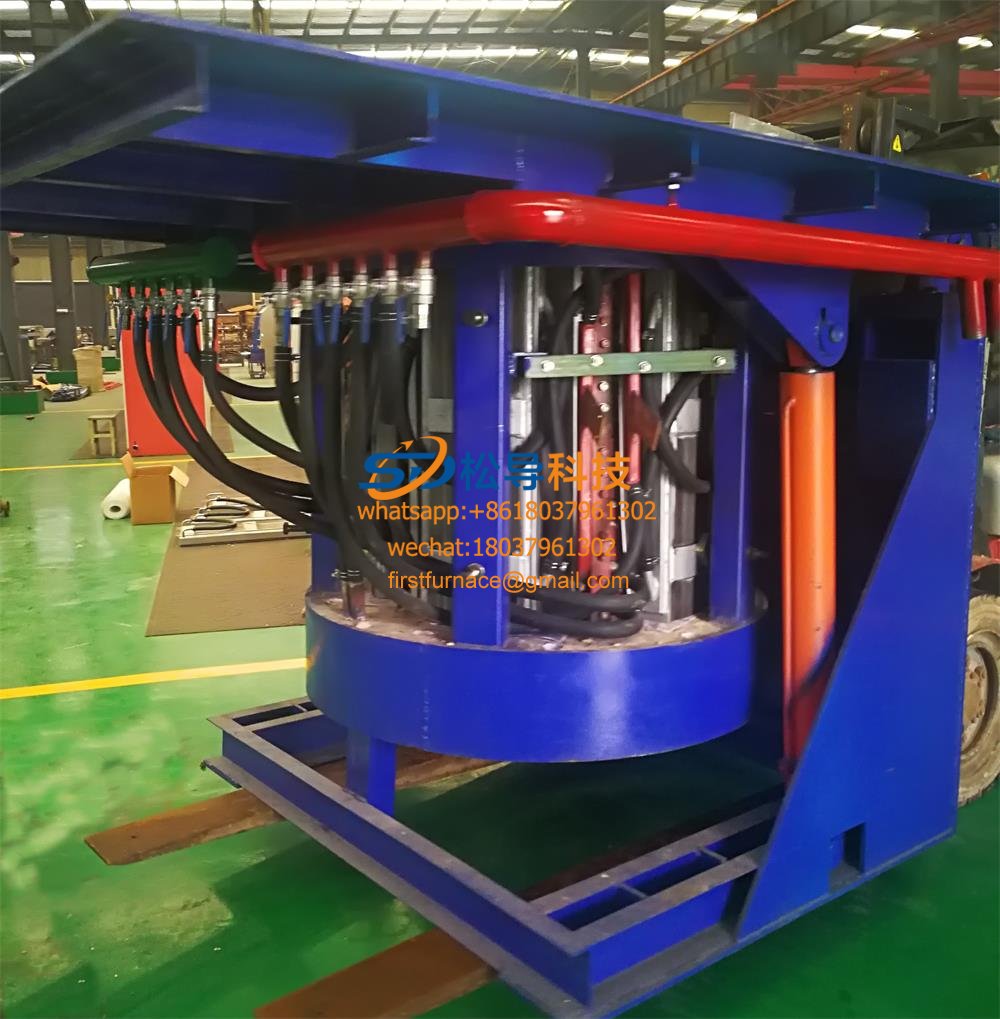
2T Series Intermediate Frequency Furnace
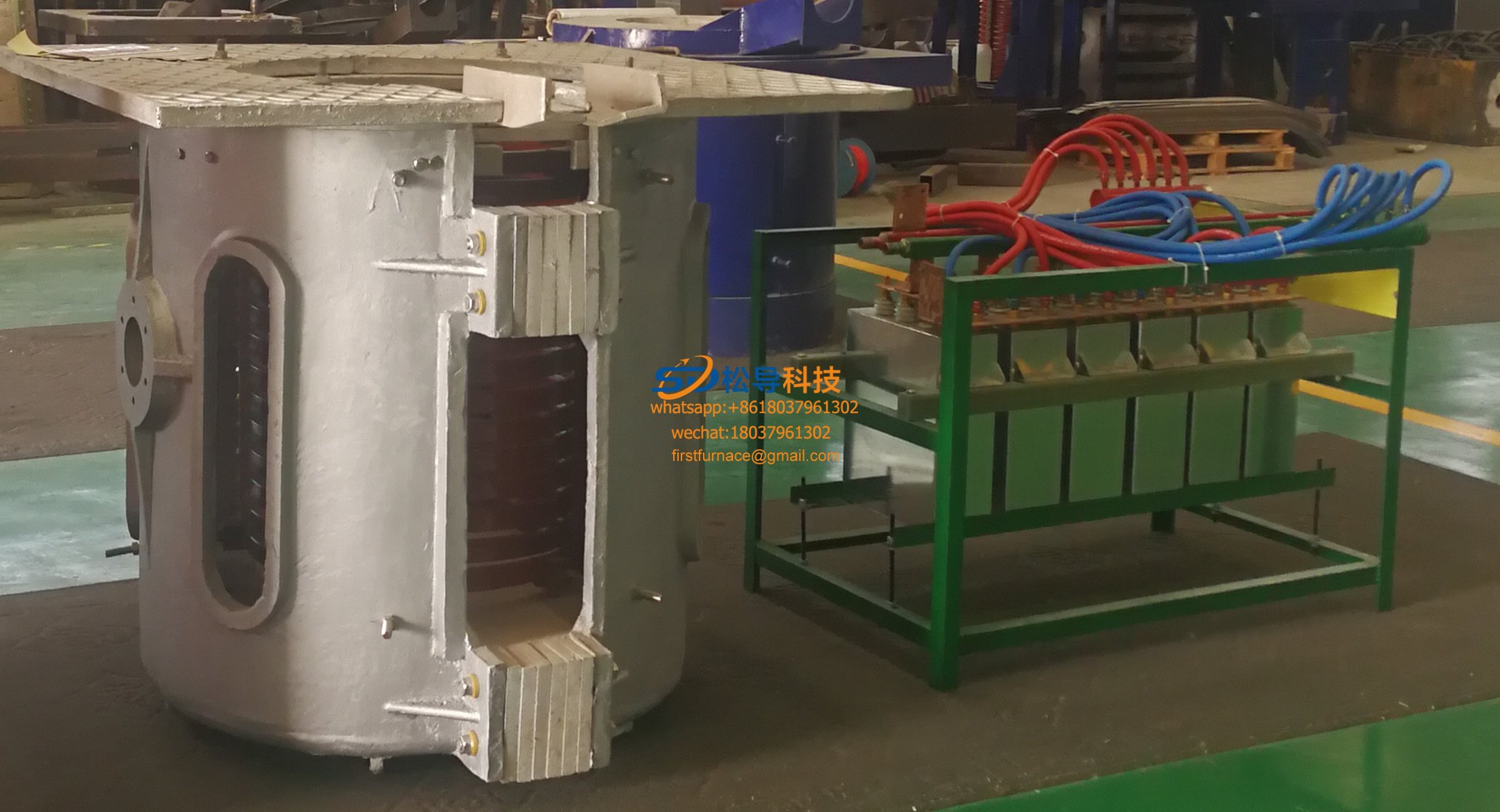
1T Series Intermediate Frequency Furnace
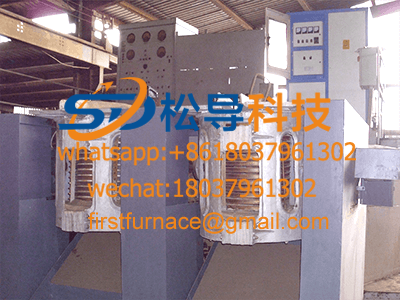
0.5T Series Intermediate Frequency Furna

0.25T Series Intermediate Frequency Furn
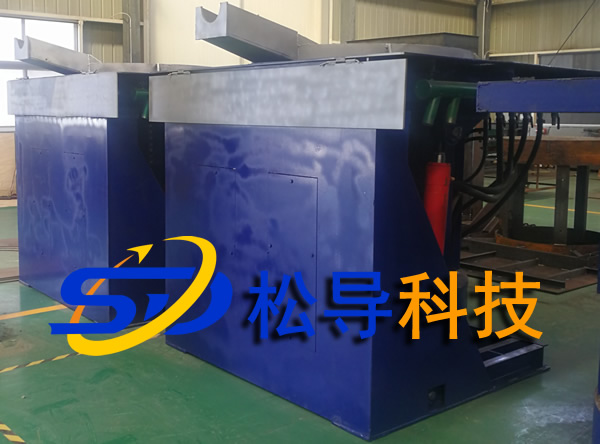
1T Parallel Intermediate Frequency Furna
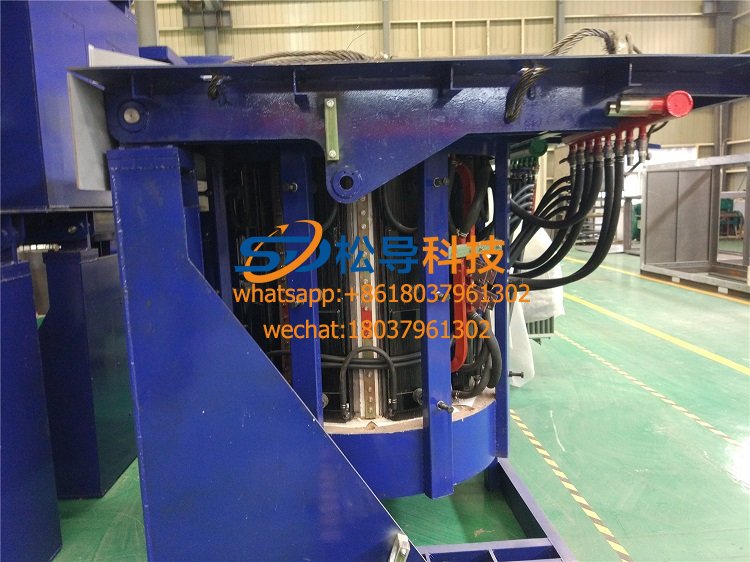
2T Parallel Intermediate Frequency Furna
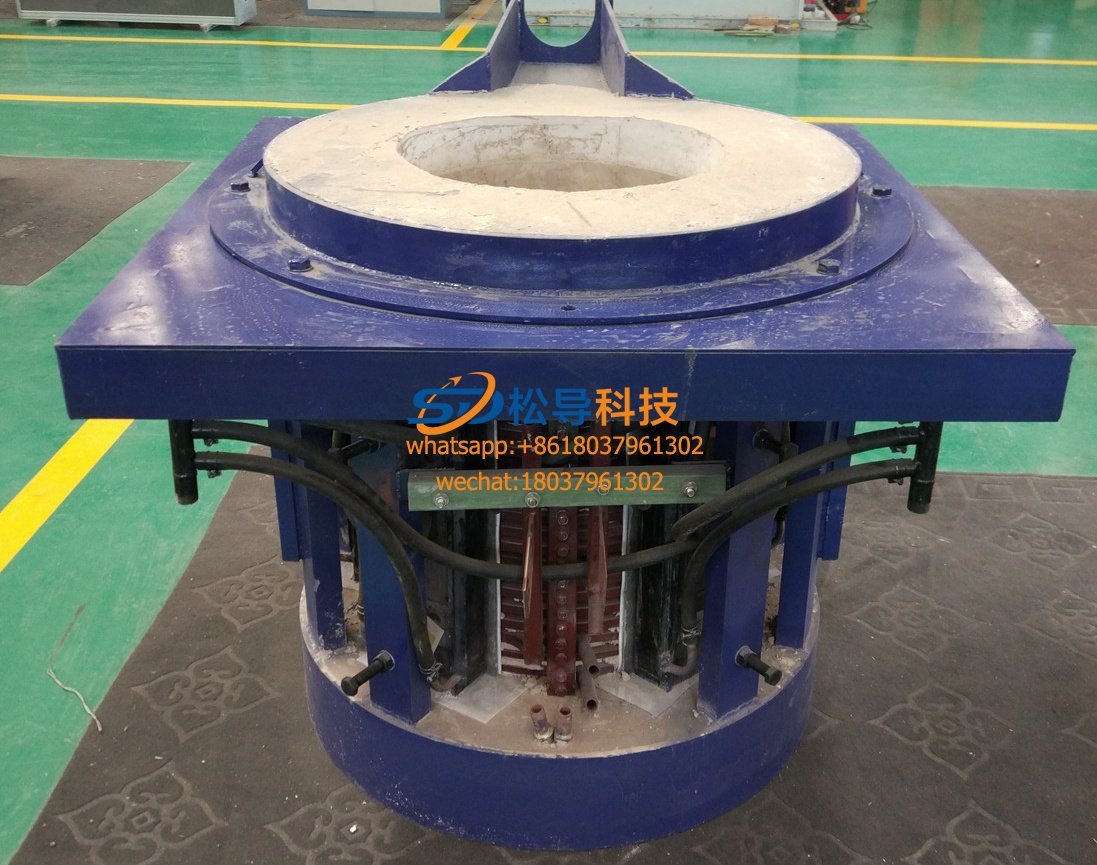
0.5T Parallel Intermediate Frequency Fur






